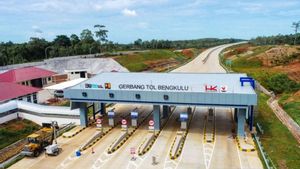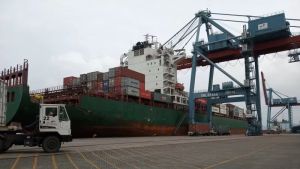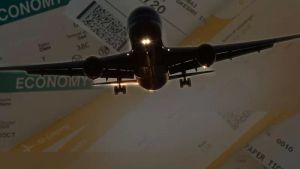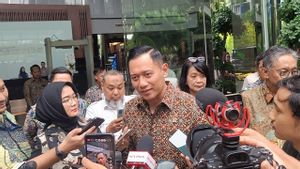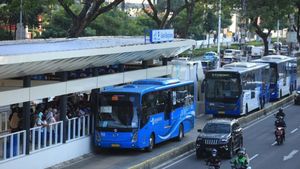JAKARTA - Deputy Minister of Trade Jerry Sambuaga, asked local governments to support the warehouse receipt program that has been rolled out by the Commodity Futures Trading Supervisory Agency (CoFTRA) of the Ministry of Trade.
"This program (the warehouse receivable system) is the Ministry of Trade's solution to improve the economy of farmers and commodity actors. So it must be assisted so that it is maximized," said the Deputy Minister of Trade during the opening of the months of literacy on the warehouse receivable system and commodity auction center, in Subang Regency, West Java, quoted from Antara, Monday 22 May.
He said that if it was to realize the warehouse resi program in the regions, local governments needed to participate. Because it is related to policies in each region.
"Local governments need to help, need support so that this program runs optimally," he said.
According to him, the management of warehouses in the regions throughout Indonesia must be maximized by participating in the warehouse receipt program.
"Do not let the existing warehouses not be optimal (management). There should be no more news about warehouses that are actually used for other things, such as for futsal fields," he said.
Even so, Jerry said that in general, for now regional government support is quite good in developing warehouse receipt programs.
It is hoped that the warehouse receipt program for 20 types of commodities can be rolled out in other regions throughout Indonesia.
In accordance with Permendag Number 14 of 2021, goods that can be stored in warehouse receivable systems are Gabah, Rice, Corn, Coffee, Kakao, Karet, Lada, Seaweed, Rattan, Salt, Gambir, Kopra, Tea, Tin, Bawang Merah, Fish, Pala, Frozen Karkas Chicken, White Crystal Sugar and Soybeans.
Apart from local governments, other parties such as the Association of State-Owned Banks (Himbara) also need to play an active role in developing warehouse receivable programs. Because, there is a connection with financial matters in rolling out the program.
Warehouse receipt is an instrument that empowers farmers, where the resulting commodities are able to provide economic value in the form of guarantee value, which can be used to obtain credit from non-bank banks and financial institutions, with low interest rates.
"So through this program, farmers or other commodity actors can store their products in warehouses. Then get a resi, and the resi can be stored in the bank to get additional capital. So that's as simple as the program. So let's take advantage of and develop this program together," said the Deputy Minister of Trade.
The English, Chinese, Japanese, Arabic, and French versions are automatically generated by the AI. So there may still be inaccuracies in translating, please always see Indonesian as our main language. (system supported by DigitalSiber.id)






